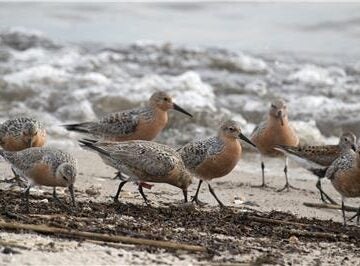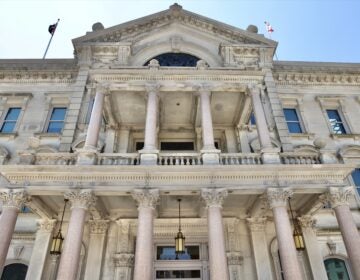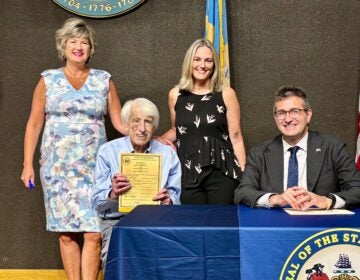Remembering November 22, 1963: the Kennedy assassination
I’m writing down my recollection of the assassination of President John F. Kennedy, not because my experience was in any way special, but because my experience was in many ways typical, and because most Americans alive today have no memory of that terrible event.
Many more of us remember the terrorist attacks of September 11, 2001, which were equally shocking, tragic, and totally unexpected. But in some ways the Kennedy assassination was even more deeply painful than 9/11.
Most Americans did not personally know any of the thousands of victims of the 9/11 terrorists. But by November of 1963, most Americans felt some level of personal relationship with President Kennedy and his attractive family.
John F. Kennedy was our youngest ever, and most media-savvy chief executive up to that time. He made skillful use of television to vanquish his Republican opponent Richard M. Nixon in the first televised debate between presidential candidates. His campaign and White House made unprecedented use of photography to present the public with intimate pictures of the First Family. He and the First Lady, whom everyone just called “Jackie”, gave the first televised tour of the White House.
President Kennedy’s voice became so familiar that he was successfully parodied by the comedian and impersonator Vaughn Meader, who won the 1963 Grammy Album of the Year award for his recorded cornball comic impressions of the President, which millions of American families, including mine, bought and played in their homes.
President Kennedy worked hard and successfully at creating an impression of “vigor” to characterize his presidency and inspire Americans about our common future. Americans felt they knew the First Family intimately. Everyone knew the name of Caroline Kennedy’s pony, “Macaroni”.
So the assassination of President Kennedy was not just a national tragedy, it was for millions of Americans a deeply personal tragedy, like the unexpected loss of a very close and beloved family member.
I was in 10th grade, the first year of the three-grade high school I attended in Dearborn, Michigan. Late in the afternoon on Friday, November 22, we were changing classes. As I walked down a flight of stairs, a girl in my grade looked up at me and shouted, “President Kennedy is dead! I’m not kidding!”
We were quickly informed of what was known. My last class of the day was “Health”, and the teacher insisted on proceeding with the class as though nothing unusual had happened. We squirmed even more than usual until dismissal. On the school bus riding home, some of my classmates had transistor radios, and we listened to the unprecedented live coverage which confirmed the unbelievable events we had previously heard only by word of mouth.
My mother, though qualified as a registered nurse, stayed home while raising my sister and me. She had heard nothing when I burst through the door shouting, “Turn on the TV! Turn on the TV!”
Like most American families, we watched television continuously for four days, including the murder of the assassin Lee Harvey Oswald broadcast live as it happened, through the state funeral on Monday, sharing the grief of the Kennedy family.
There followed a dark and fearful end of the year. What did this mean for America? Was there a conspiracy? Were the Communists behind the assassination? Would we ever enjoy anything again?
In late December, I first heard about an English musical group called, I thought, the “beetles”. In January their recordings took America by storm. They arrived in New York in February and performed live on the Ed Sullivan Show on CBS television. America decided to breathe again, relax, and have some fun. Little did we know.
WHYY is your source for fact-based, in-depth journalism and information. As a nonprofit organization, we rely on financial support from readers like you. Please give today.




